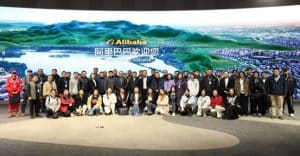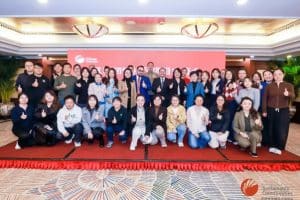The recent tragic Nepal earthquake has been a big test for China’s NGOs, with it representing their first large-scale participation in foreign humanitarian assistance. As more and more Chinese NGOs reach out to the world, the Jimen Strategic Forum (蓟门决策论坛) recently held a special session on Chinese NGOs “going out”.
Xingzui Wang, deputy Director of China Foundation for Poverty Alleviation, attended the forum and points out that although Chinese government and business have invested over 665 billion US dollars in 184 countries, most of the contracts are construction related and has little to do with community development. According to Wang it is crucial to establish a healthy trilateral relationship among government, businesses, and NGOs in working overseas. He says that the biggest obstacles for Chinese NGOs are threefold: firstly, there is no policy support. The government has not yet developed laws and policies for NGOs to conduct foreign assistance. Secondly, the funding is limited. The government allocates billions to foreign aid, but there are few partnerships with NGOs. Thirdly, Chinese NGOs lack ideological support. He argues that the government should pass laws benefiting NGOs’ foreign operations.
Li Xue, analyst from Chinese Academy of Social Sciences, also attended the event and emphasised the point that China’s foreign development aid has in the past been purely governmental. According to Li most of the foreign assistance in the first 30 years of the PRC was concentrated in Africa and socialist countries. After reform and opening up, China’s unconditional aid declined greatly. Most was given in the form of loans on favorable terms, which usually came with Chinese state-owned-enterprises’ contracts, Local companies and workers were often excluded. Li recommended that in the future the government should involve and support more NGOs to participate in foreign aid.
Another participant at the special session, Jianwei Wang, professor at the University of Macau, pointed out that over the past two decades China’s foreign assistance has seen a transition from military to economic. Now it is transitioning again from economic to “social”. According to Wang, most of Chinese NGOs’ foreign assistance remains focused on humanitarian emergency relief. He recommended that China could learn from the experience of organizations like the US-originated Peace Corps, which constantly sent volunteers to different countries and has played an important role in America’s non-governmental diplomacy.



